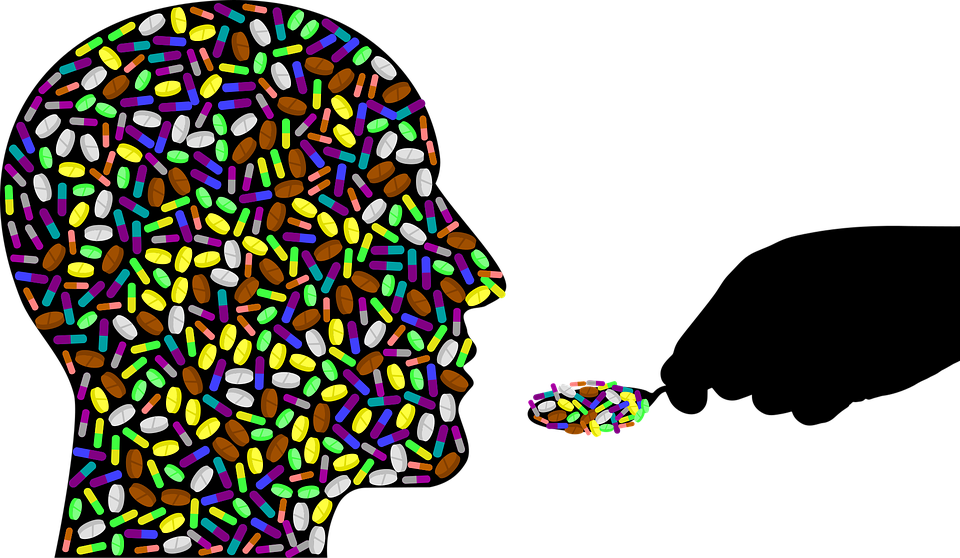Data shows the scare campaign run by pharmacy lobbyists over the up-scheduling of codeine products was complete bunkum
The scare campaign run by pharmacy lobbyists over the up-scheduling of codeine products has been comprehensively debunked, with a study showing the move has more than halved cases of overdose since becoming law.
The decision by the TGA to up-schedule all codeine sales to prescription has led to a 79% decrease in low-strength poisoning calls to the NSW Poisons Information Centre, research published in the journal Addiction shows.
And despite only products containing 15mg or less of codeine per dose unit being affected by the legislative change, the study found there was no significant change in high-strength poisoning calls after the up-scheduling either.
The researchers used an interrupted time series analysis of monthly opioid exposure calls to the poisons information service in the one-year period following the enforcement of the legislation.
They also compared this data with the sale of codeine products 15mg and less and more than 15mg during the same time period.
While the call centre is based in New South Wales, the service fields half of the nation’s annual poisoning calls, with 65% of call data coming from other states, so the findings are likely to reflect national trends.
“Contrary to concerns, we did not observe a significant increase in the size (in milligrams) of codeine overdose, and there was no significant increase in overdose with higher strength paracetamol/codeine products,” the study authors said.
“Importantly, sales data shows a large decrease in the overall codeine use, with no significant change in higher strength codeine use.”
The findings also put to bed the unfounded claims from the Pharmacy Guild of Australia in 2017 which argued that only higher doses of codeine, found in prescription drugs at the time, caused abuse and addiction problems.
The guild attempted to thwart the TGA’s decision to up-scheduled codeine products by hiring former Liberal senator Santo Santoro to lobby ministers in a failed attempt to block the reform.
But Dr Rose Cairns (PhD), co-author and a lecturer in the School of Pharmacy at The University of Sydney, said the new data showed significant harm reduction from a product known to cause dependence and misuse problems.
“In low-dose codeine products there was also overuse of the paracetamol and ibuprofen components in the medicines. This was causing cases of renal tubular acidosis in people who were increasing their codeine use and were unaware of the potential to overdose on the analgesic components,” she said.
Dr Cairns said the research also dispelled the myth that GP services would be inundated with patients seeking scripts for codeine after February 2018.
“For people who were truly dependent on codeine, we presume they saw their GP and were given a plan either for withdrawal or a referral to drug dependence treatment,” she said.
And for the majority of non-addicted Australians who were purchasing products containing codeine, it’s believed they stopped entirely or switched to analgesic alternatives for pain relief.
The study authors said the re-scheduling of codeine reduced both use and harm with no evidence that patients were substituting for higher-strength codeine products or other opioids.
“This legislative change bought Australia in line with many other countries, and our results may be of interest to countries where codeine is still available over the counter,” the authors concluded.


